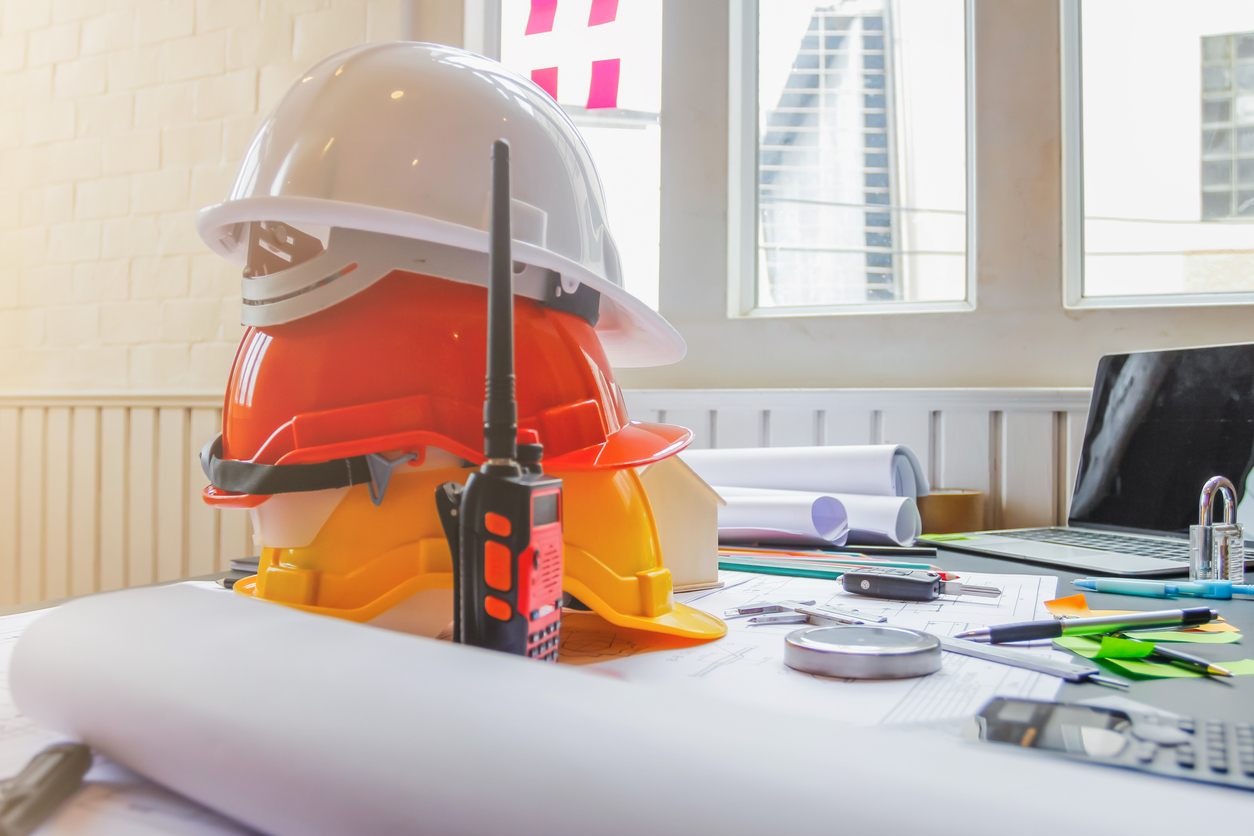Workers’ Compensation for Work-Related Car Accidents in New Jersey

Car accidents don’t just happen on personal time, many workers in New Jersey face serious injuries while driving for their jobs. Whether you’re making deliveries, traveling between job sites, or simply running an errand for your employer, an accident on the road can leave you with medical bills, lost wages, and uncertainty about your future.
The good news: New Jersey’s workers’ compensation laws often provide coverage for employees injured in work-related car accidents.
When Does Workers’ Compensation Apply?
In New Jersey, workers’ compensation generally covers any injury that arises out of and in the course of employment.This includes car accidents that occur when you are:
- Driving a company vehicle for work purposes
- Traveling between job sites or client locations
- Making deliveries or pickups for your employer
- Running errands at the direction of your employer
- On the road for any task connected to your job duties
Important: Workers’ compensation usually does not cover injuries sustained during your normal commute to and from work. However, exceptions may apply if your employer requires you to stop somewhere along the way, provides transportation, or if your job primarily involves driving.
Benefits Available After a Work-Related Car Accident
If your claim is approved, New Jersey workers’ compensation provides:
- Medical Coverage – All reasonable and necessary treatment related to your injury, usually through doctors authorized by your employer’s insurance.
- Temporary Disability Benefits – A portion of your lost wages (70% of your average weekly wage, up to the statutory cap) if you are unable to work while recovering.
- Permanent Disability Benefits – Compensation if your injuries result in lasting impairment, either partial or total.
- Death Benefits – For surviving dependents if a work-related car accident is fatal.
Can You Also File a Personal Injury Claim?
In many cases, yes. Workers’ compensation covers your medical bills and lost wages but does not pay for pain, suffering, or the full extent of your damages. If another driver was at fault for your work-related accident, you may also have the right to bring a third-party personal injury claim against them.
This means you may be able to recover additional compensation beyond workers’ comp.
Steps to Take After a Work-Related Car Accident
- Report the accident immediately to your employer — delays can hurt your claim.
- Seek medical attention right away, even if your injuries seem minor.
- Document everything — accident reports, medical visits, and time missed from work.
- Avoid speaking with insurance adjusters without legal advice — their goal is to minimize payouts.
- Speak with a workers’ compensation attorney to ensure your rights are protected.
Why Legal Guidance Matters
Work-related car accident claims can get complicated quickly. Employers may dispute whether the accident was truly “work-related,” or the workers’ compensation insurer may deny or limit benefits. At the same time, a separate personal injury claim against the at-fault driver may be available, but coordinating both requires experience.


